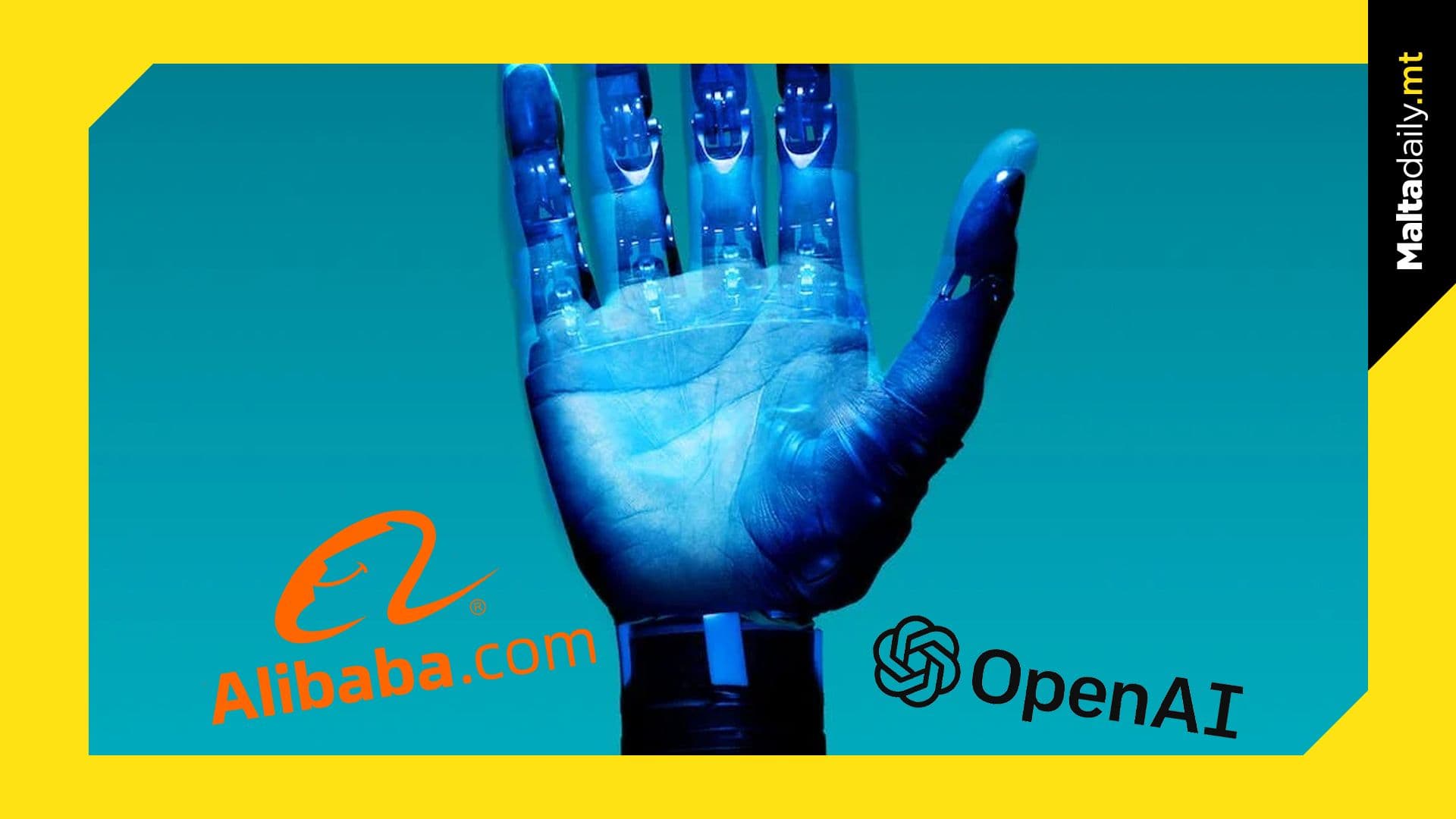Alibaba will launch AI chatbot Tongyi Qianwen and directly compete with Chat GPT

Alibaba, the Chinese technology giant, has announced plans to release its own artificial intelligence (AI) chatbot called Tongyi Qianwen, which will be integrated into Alibaba’s businesses in the near future. Tongyi Qianwen, roughly translated to “seeking an answer by asking a thousand questions”, is capable of working in English and Chinese and will first be added to Alibaba’s workplace messaging app, DingTalk. The chatbot will perform various tasks, including turning conversations in meetings into written notes, writing emails, and drafting business proposals. Alibaba also plans to integrate Tongyi Qianwen into Tmall Genie, similar to Amazon’s Alexa voice assistant smart speaker.
Interest in generative AI has surged since the release of ChatGPT by Microsoft-backed OpenAI in November. ChatGPT is capable of answering questions using natural, human-like language and can also mimic other writing styles, using the internet as its database. Microsoft has spent billions of dollars on the technology and plans to embed it in its Office apps. Alphabet’s Google and Chinese technology group Baidu have also announced their own AI models and released similar chatbots.
On Tuesday, China’s cyberspace regulator unveiled draft measures for managing generative AI. The proposed rules would require companies to be responsible for the legitimacy of data used to train the technology. The public has until 10 May to give feedback on the proposals.
However, concerns have been raised about the potential risks of powerful AI systems, with a group of high-profile figures in the technology industry calling for their training to be suspended. Twitter CEO Elon Musk and Apple co-founder Steve Wozniak were among those who signed an open letter warning of the risks, saying that the race to develop AI systems is out of control. A recent report by investment bank Goldman Sachs estimated that AI could replace the equivalent of 300 million full-time jobs.
Earlier this month, Italy became the first Western nation to block ChatGPT, with the country’s data-protection authority citing privacy concerns.
#MaltaDaily


